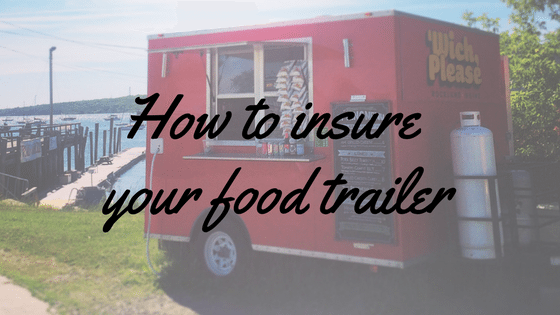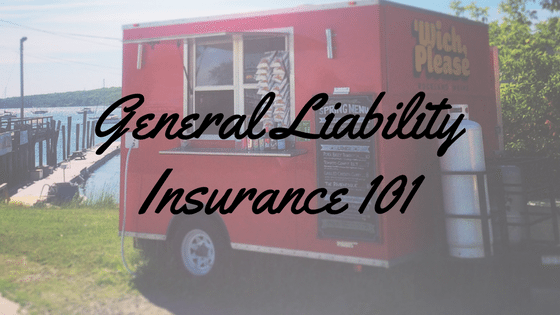
How To Insure Your Mobile Food Vendor Trailer

How to insure your mobile food vendor trailer
What is Property Coverage for your food trailer?
Property coverage for your trailer protects against damage or loss to your trailer and the attached equipment or built in equipment.
Why Property Coverage for your trailer?
The most common types of losses covered are
- Theft or Vandalism
- Collision damage
- Wind and Hail
- Fire
- Lighting
Common mistakes:
The most insurance policies only cover your property at the main location, unless you have a special type of property policy called an inland marine policy. An inland marine policy is designed to cover property that moves.
Not insuring the full value of your trailer. You must insure to value to make sure the insurance company will fully reimburse you if a claim occurs.
Including coverage for items not attached to the trailer. These items should be covered under a separate coverage for contents.
Endorsing your personal auto policy with the trailer. At best these policies do not cover your contents in the trailer and at worst exclude coverage because of the business use of the trailer


 Joel Paprocki, CIC, CRM, CPCU is founder of Insure My Food. Joel has over 20 years of experience in the insurance industry. He is passionate about helping food entrepreneurs navigate insurance and risk management with confidence. He holds all three top industry designations: Certified Insurance Counselor, Certified Risk Manager, and Chartered Property and Casualty Underwriter. He has served over 5,000 clients in the food industry, including restaurants, food truck, cateriers, If you are looking for a reliable, experienced, and specialized insurance partner, please contact us.
Joel Paprocki, CIC, CRM, CPCU is founder of Insure My Food. Joel has over 20 years of experience in the insurance industry. He is passionate about helping food entrepreneurs navigate insurance and risk management with confidence. He holds all three top industry designations: Certified Insurance Counselor, Certified Risk Manager, and Chartered Property and Casualty Underwriter. He has served over 5,000 clients in the food industry, including restaurants, food truck, cateriers, If you are looking for a reliable, experienced, and specialized insurance partner, please contact us.